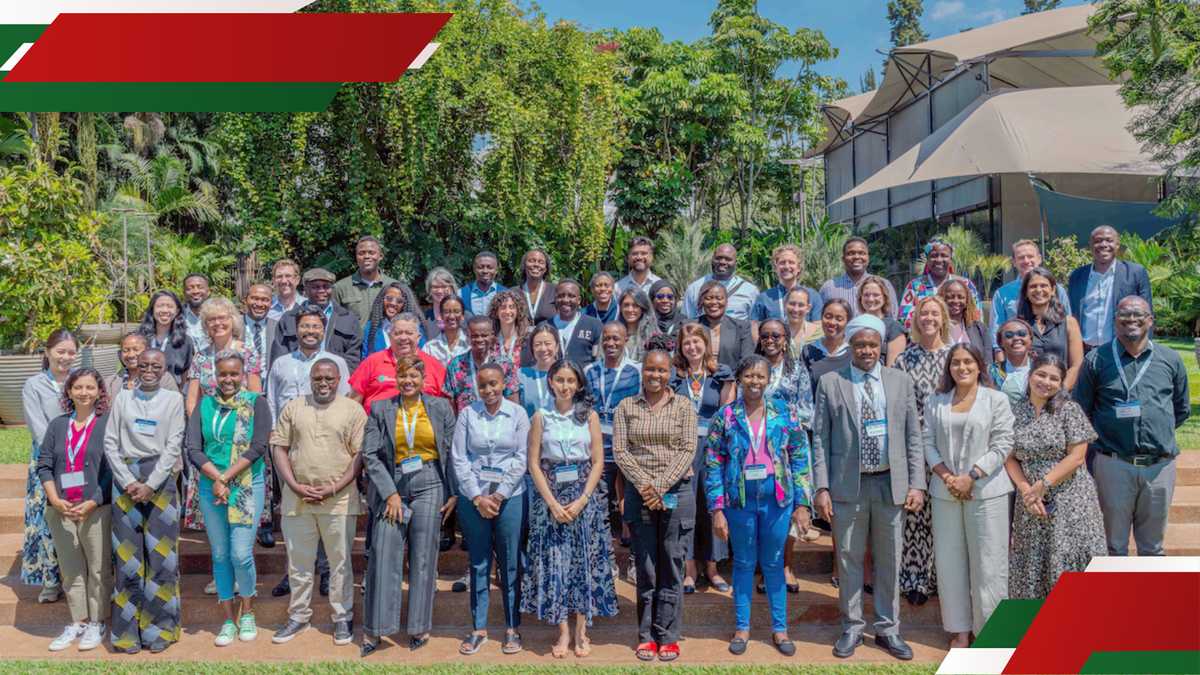Expansion of the Responsible Sourcing Initiative in Africa
The Circulate Initiative has taken a significant step forward by launching its first African implementation project in Kenya. This initiative is part of a broader global effort to promote responsible sourcing practices within the recycled plastics industry. The project aims to align with the Harmonised Responsible Sourcing Framework for Recycled Plastics, which provides a standardized approach to ensuring ethical and sustainable practices throughout the value chain.
Key Objectives and Partnerships
The initiative brings together various stakeholders, including brands, investors, recyclers, and waste worker organizations. By focusing on human rights issues within the plastics recycling sector, the program seeks to address systemic challenges faced by workers in the informal waste sector. The collaboration involves Nairobi-based recycler Mr. Green Africa, who will work alongside the initiative to implement the Harmonised Framework with select suppliers.
This framework, launched in 2024, represents the first global effort to establish actionable guidelines for responsible sourcing in the recycled plastics industry. It emphasizes transparency, fairness, and sustainability across the entire supply chain.
Challenges in Plastic Waste Management in Kenya
Kenya generates approximately 983,000 tonnes of plastic waste annually. However, only about 27% of this waste is collected, with just 8% being recycled. The majority ends up in landfills or dumpsites, highlighting the urgent need for improved waste management systems.
Waste pickers play a crucial role in bridging the gap in waste collection services, yet their contributions often go unrecognized. According to the Kenya National Waste Pickers Welfare Association, there are around 46,000 waste pickers in the country. Their efforts are vital in supplying materials for recycling, but they face challenges such as low pay, unsafe working conditions, and limited access to social and financial services.
Insights from the Baseline Assessment
A recent baseline assessment of Mr. Green Africa’s value chain revealed both strengths and areas for improvement. While many waste collectors demonstrate awareness of unions and associations, there are still significant gaps in formal recognition and protection for these workers. The assessment identified key risk areas that require further cooperation and collaboration to address.
Annerieke Douma, Senior Director of Programs at The Circulate Initiative, emphasized the importance of a systems-level approach to responsible sourcing. She highlighted the need to recognize and protect the rights of waste pickers, who are often overlooked despite their critical role in the fight against plastic pollution.
Carlos Pagoaga, President of The Coca-Cola Foundation, noted the importance of supporting initiatives that empower informal waste workers. He stressed the significance of collective action in creating real impact and ensuring that those behind recycling efforts are recognized and protected.
Future Plans and Global Impact
The Kenya project serves as the first step towards scaling responsible sourcing practices across Africa. Learnings from this initiative will be used to facilitate knowledge exchange among organizations seeking to implement similar practices. This will lead to the establishment of the Responsible Sourcing Network Africa (RSNA), which will bring together brands, recycling companies, and waste worker associations across multiple countries.
The RSNA will provide training on implementing the Harmonized Framework and support inclusive policy making at the national level. Kenya will be the fourth market for the Responsible Sourcing Initiative, following successful projects in India, Indonesia, and Vietnam.
Globally, the initiative aims to improve the livelihoods of 50,000 informal waste sector workers, secure commitments from over 50 global brands, investors, recyclers, and aggregators, and deliver 100,000 tonnes of responsibly sourced recycled plastic. Through these efforts, the Circulate Initiative continues to drive positive change in the fight against ocean plastic pollution.






